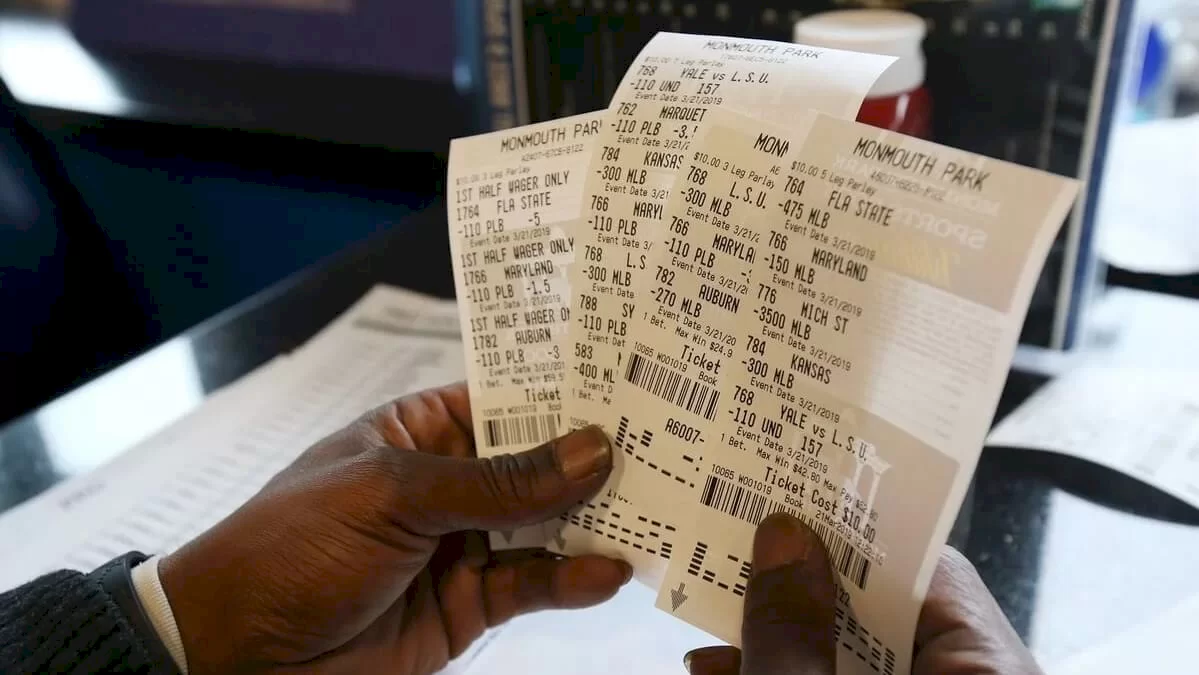Betting Guide: What Does Hedging A Bet Mean?
You may have heard the term “hedging” when it comes to sports betting. Hedging frequently comes up when someone has the opportunity to win a lot of money. But what does it mean?
What Does Hedging a Bet Mean?
To hedge a bet is when a bettor will place a wager against their original bet so they’re guaranteed to break even or profit, no matter the outcome. Hedging is most common when betting futures or parlays.
For futures, say, for example, you placed a $100 bet before the 2022 NFL season on the Philadelphia Eagles to win the Super Bowl at +2400 to win $2,400. Then, once they made it to Super Bowl 57, you would “hedge” your bet by wagering on the Kansas City Chiefs to win outright, either to win your money back or to guarantee yourself to win money.
To explain hedging parlays, let’s pretend that you placed a $10, three-leg parlay on three teams to cover the spread, each at -110 odds. By using a parlay calculator, that would come out to a potential win of $59.58.
In this scenario, the first two legs of the parlay hit before the game involving the final leg has started. Since your parlay would lose entirely if that final leg doesn’t cover, you would wager on the spread of the opposite side to ensure you, at worst, win your money back.
Should You Hedge?
I’ll start this section by saying hedging isn’t for everyone. The mathematicians and EV+ bettors will correctly tell you that you lose value when hedging and it’s not worth the price.
However, I’m also a fan of guaranteed money, so in the right spot, I advocate for it.
For example, if you have a four-leg parlay for 10-1 and the first three legs win, you could hedge at whatever value you feel comfortable at, guaranteeing yourself a profit on the bet.
Yes, you are taking value away, as noted above, and may only get 8-1 value. But you’re also putting cash in your pocket and avoiding losing that last leg.
I’m not saying hedge down the middle, but I’m a fan of getting your original bet back or even doubling it to snatch that profit. This topic deserves its own page or book, but it’s really a personal preference.



